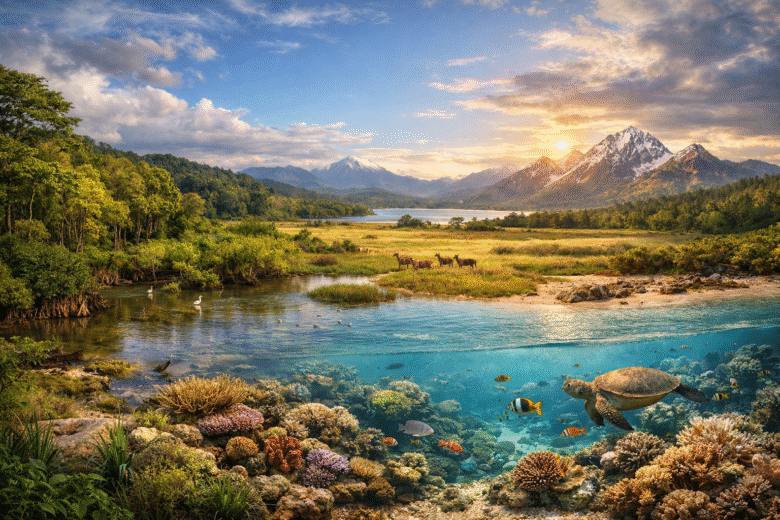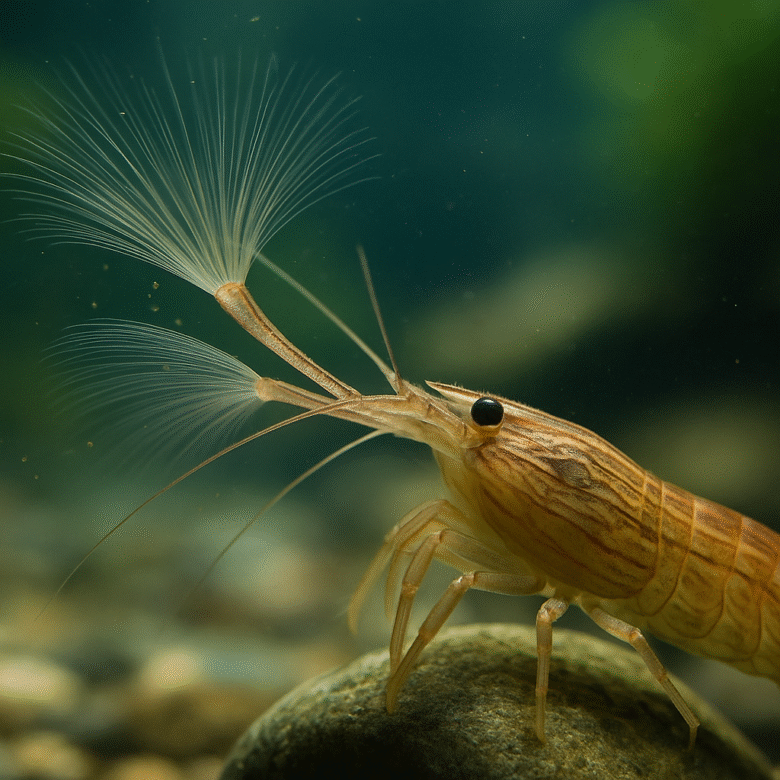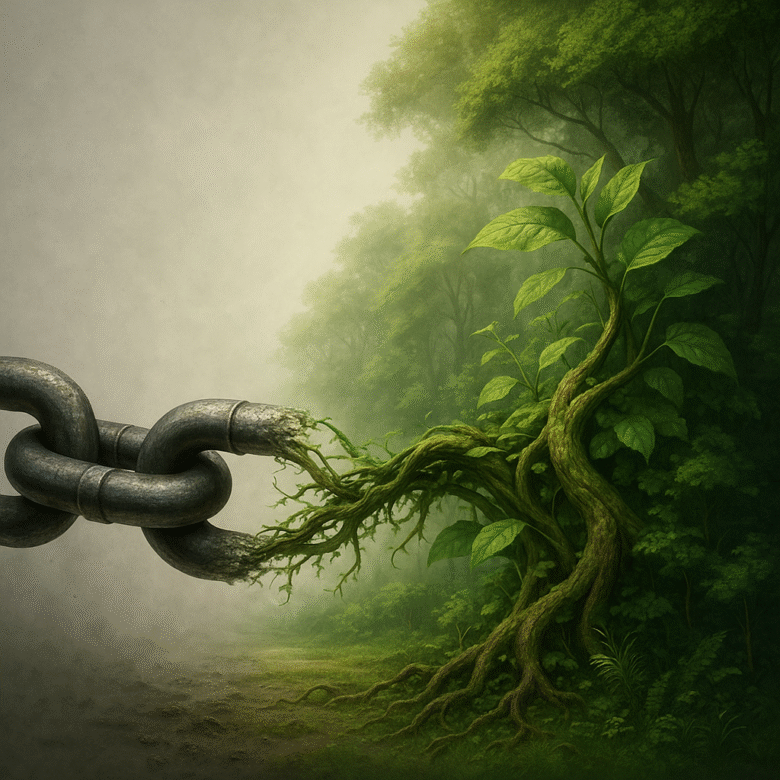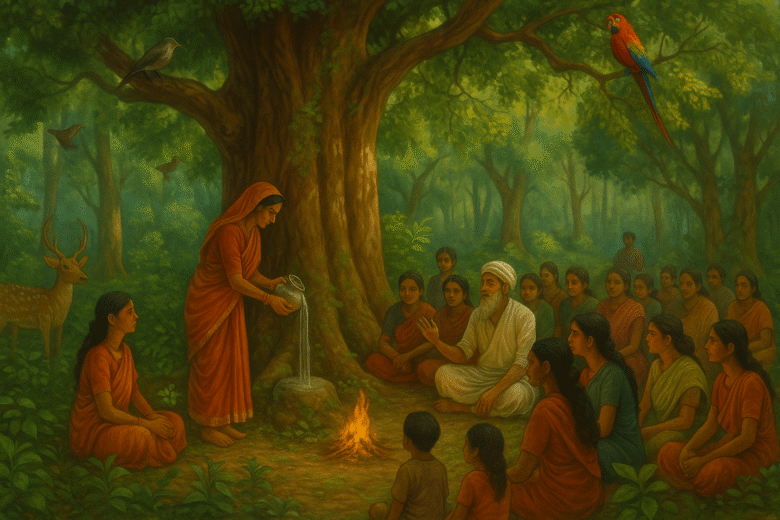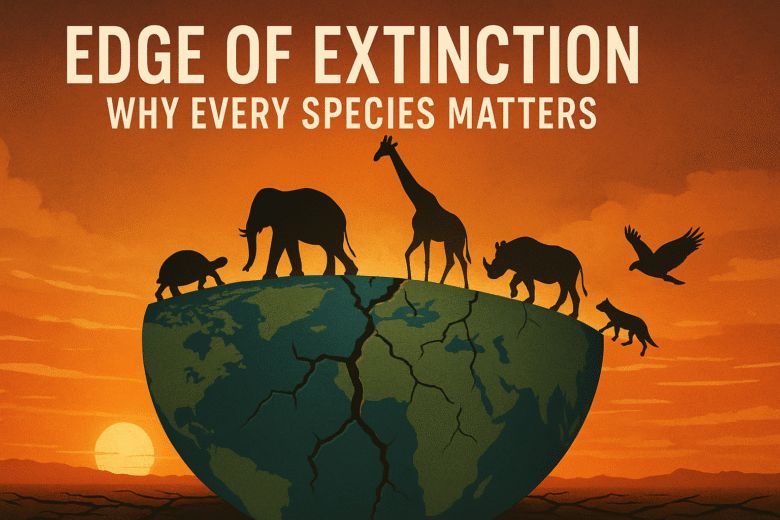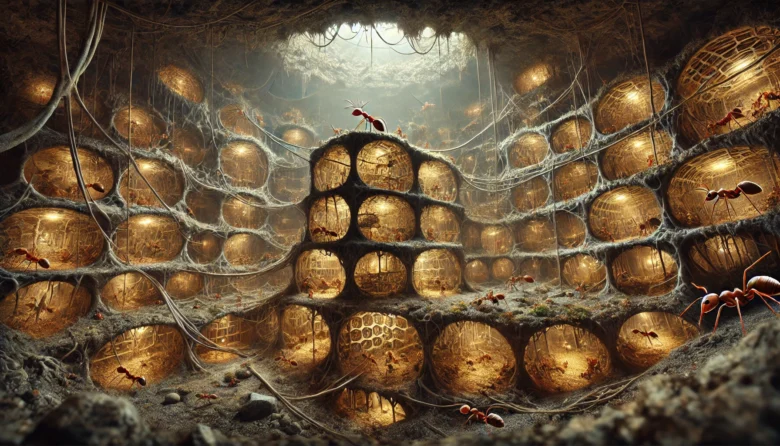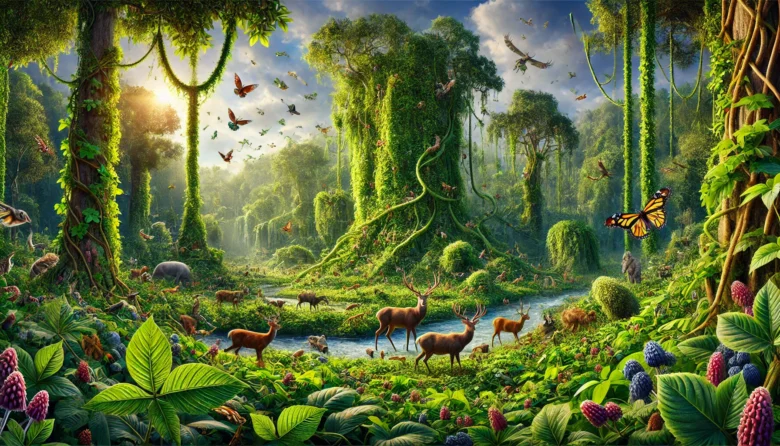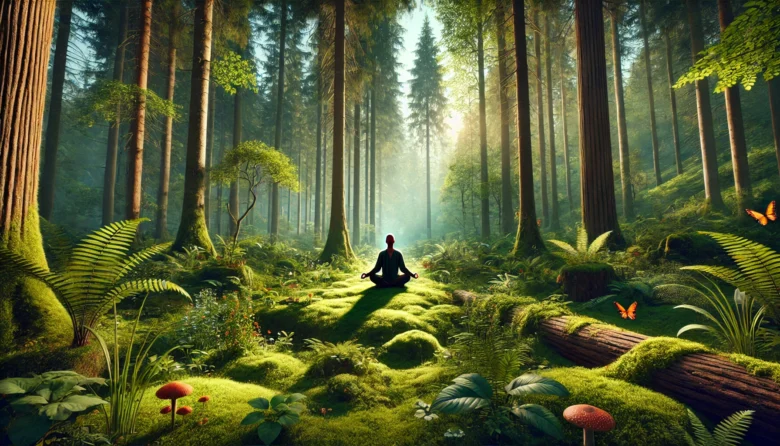Fun fact: Ecosystems with more kinds of plants and animals often weather climate extremes better than those with fewer species—like nature’s own shock absorbers. In an age where headlines are dominated by heatwaves, floods, and food shortages, the phrase “Nature’s Rich Tapestry” might sound poetic—but make no mistake: it’s a survival strategy. Diverse ecosystems aren’t …
Fun fact: Some freshwater shrimp can “filter-feed” using tiny fans on their arms—like underwater butterflies catching invisible dust. Every now and then, nature stages a comeback so unexpected that it forces us to rethink what we believe about extinction, biodiversity, and our connection to the water bodies that quietly keep India alive. That is precisely …
Fun fact: Long before humans invented the plough or learned to domesticate wheat and rice, ants were already farming. Yes, you read that right. These tiny insects — often dismissed as picnic raiders or household pests — have been quietly running farms for millions of years. And that’s the question we’ll explore today: How do …
Fun fact: Each year, humanity clears or degrades habitat equivalent to about 30 football fields every minute—a staggering erasure of life. When “When Biodiversity Dies, We Die: The Hidden Chains That Break First” becomes not a slogan but our reality, we must look at what fractures first. The collapse starts with invisible links: pollinators, microbes, …
Fun fact: Indigenous peoples manage or influence lands that hold about 80% of Earth’s biodiversity, even though they represent only a small fraction of the world’s population. The New Environmental Stewards: Indigenous Knowledge in Conservation is about what those communities teach us about protecting nature—and why ignoring their voices is both foolish and costly. From …
Here’s a fun fact: scientists estimate that Earth is home to nearly 8.7 million species, but we’ve only identified about 1.2 million of them. That means most of the life sharing this planet with us remains unnamed, unstudied, and unnoticed. Yet many of these species are already disappearing before we even know they exist. When …
Did you know that ants, some of the tiniest creatures on Earth, have built empires stretching across entire continents? Argentine ants, for example, are part of a single supercolony that spans Europe, the United States, and Japan. This surprising fact challenges our perception of these unassuming insects and offers a glimpse into their extraordinary cooperation …
Fun Fact: Did you know that invasive species can alter entire ecosystems, sometimes within just a few years? Invasive species are like uninvited guests at a party—they show up unannounced, disrupt the balance, and often cause chaos. These species, whether plants, animals, or microorganisms, find their way into ecosystems where they don’t naturally belong. Once …
Fun Fact: Did you know that over 50% of modern medicines are derived from natural sources? Biodiversity isn’t just beautiful—it’s life-saving! Imagine a world without natural forests, coral reefs, or the rich variety of plants and animals that inhabit them. This world wouldn’t just be less colourful; it would be a world in which human …
Fun Fact: Did you know that wetlands are often referred to as “nature’s kidneys” because of their ability to filter pollutants from water? Wetlands play an extraordinary role in the ecosystem, serving as critical habitats for wildlife while also acting as natural filters for our water supply. From marshes to swamps and bogs, these rich …

